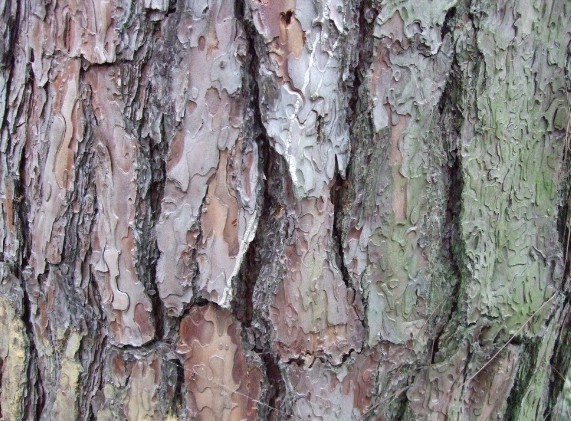Products
Contact us
- Changsha Herbal Ingredient Co.,Ltd
- Tel: 0086-731-88250818
- Add:No.56,Zhanxing Rd,Changsha,China,410205.
 sales@herbal-ingredient.com
sales@herbal-ingredient.com CHI-extracts
CHI-extracts

Pine Bark Extract Proanthocyanidins
Latin Name:French Maritime Pine
Active Ingredient:OPC, Oligomeric Proanthocyanidins
CAS No:8011-48-1
Specification:95% tested by UV-VIS
MOQ:1kg
Lead Time:Within 7days after confirming order
Pine bark extract Information:
Pine bark extract is made from the bark of a pine tree called the Landes or maritime pine, whose scientific name is Pinus maritima. The maritime pine is a member of the Pineaceae family. Pine bark extract is a new nutritional supplement used for its antioxidant properties, which are believed to be effective for a wide range of healing and preventative purposes. Pine bark extract has been patented by a French researcher under the name Pycnogenol (pronounced pick-nah-jen-all).
Latin Name: Pinus Larix
Other Names: French Marine Pine Bark Extract, French Maritime Pine Bark Extract, Leucoanthocyanidins, OPC, Oligomeric Proanthocyanidins, PCO, Pine Bark, Pinus maritima, Pinus pinaster , Procyandiol Oligomers, Procyanodolic Oligomers, Pygenol
CAS NO.: 8011-48-1
Active Ingredient: 95%OPCs Proanthocyanidins Polyphenols
Indications and Uses:
Antioxidants play a key role of repairing and protecting cells in the body. They help protect against free radicals, which are damaging byproducts of metabolism and exposure to environmental pollutants. Free radical damage is believed to contribute to aging, as well as too severe conditions including heart disease and cancer. Common antioxidants are vitamins A, C, E, and the mineral selenium. Researchers have termed the group of antioxidants found in pine bark extract oligomeric proanthocyanidins, or OPCs for short. OPCs (also referred to as PCOs) are some of the most powerful antioxidants available.
Much research has been conducted on OPCs and on pine bark extract. In France, pine bark extract and OPCs have been rigorously tested for safety and effectiveness, and pine bark extract is a registered drug. Pine bark extract has been shown to contain a powerful antioxidant that helps protect cells from free radical damage and increases the effectiveness of vitamin C. Pine bark extract has been shown to help lower cholesterol, and to decrease the risk and severity of atherosclerosis, or damage to the arteries. It has been demonstrated to help strengthen and repair tissues made of collagen, a protein that builds blood vessels, skin, and connective tissue.
The OPCs in pine bark extract have also been shown to help reduce swelling and inflammation in the body.
General Use:
Pine bark extract is used to reduce the risk and severity of heart disease, strokes, high cholesterol, and circulation problems. It is used in the nutritional treatment of varicose veins and edema, which is swelling in the body due to fluid retention and leakage of blood vessels. Arthritis and inflammation have also been improved in studies using pine bark extract, as well as the uncomfortable symptoms of PMS and menopause. The OPCs in pine bark extract are recommended for various eye conditions that are caused by blood vessel damage, such as diabetic retinopathy and macular degeneration. Pine bark extract is recommended to improve the health and smoothness of the skin, including damage caused by overexposure to sunlight. Pine bark extract is a supplement used for anti-aging and preventive care as well.
Preparations:
Pine bark extract is available in health food stores as powder and capsules. For prevention and general health, a daily dosage of 50 mg (1–2 capsules) is recommended. For treatment of health conditions, the dosage may be increased to 300 mg or more, depending on the advice of a physician and the specific condition. Pine bark extract can be taken either with or between meals.
While pine bark extract is used in the nutritional treatment of many conditions, it is not meant to replace proper medical supervision.
Side Effects:
Pine bark extract has been extensively tested for safety, and no dangerous side effects have been observed with its use.
Interactions:
The effectiveness of pine bark extract may be increased with the use of other antioxidants, including vitamins A, C, E, and the mineral selenium. Diets rich in foods that contain antioxidants and bioflavonoids, such as fresh fruits and vegetables, may also contribute to its effectiveness.




